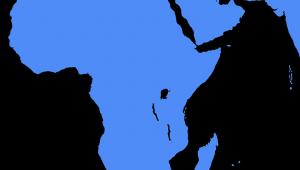By Richard Johnstone | 28 June 2013
Policies deployed by governments in sub-Saharan Africa to tackle poverty and increase growth are having an ‘uneven’ impact, and effective governance is a challenge, the World Bank has found.
Its annual analysis of governance in the region found that 11 countries had strengthened their performance in the four areas examined: economic management; social inclusion; public sector management & institutions; and structural reforms. Another 12 countries saw their scores decline.
Cape Verde and Kenya were rated best, while South Sudan and Eritrea had the lowest scores. Some countries recovering from conflict, such as Cote d’Ivoire and Comoros, had shown solid improvement, according to Country policy and institutional assessment.
Countries that had improved had done so mainly through social reforms, it added, but the quality of public sector management ‘continued to lag’ compared with other areas.
Assessments under the programme are used to determine countries’ allocation of interest-free loans from the World Bank Group’s fund for the world’s poorest countries.
Countries defined as ‘fragile’ by the Bank had a lower score for effective governance than more stable nations. However, the report also found that the governance of poorer nations was better than those that are richer in resources.
The Bank’s acting chief economist, Punam Chuhan-Pole, said that African countries with better policy frameworks, set by government, tended to have higher economic growth.
However, there was a need to redouble efforts to ensure that growth was translated to broader gains for the population at large.
Conflict and instability led to lower scores across the board in many countries, she added. ‘For example, Madagascar has seen its scores slip in the last two years following a political crisis, and the same has happened in Mali as a result of conflict and political instability.’













